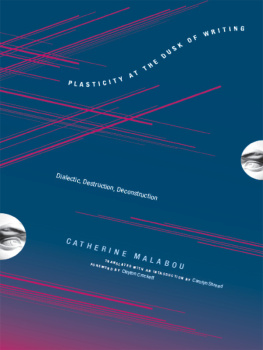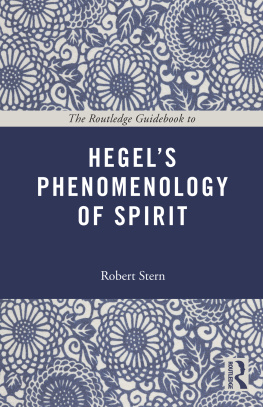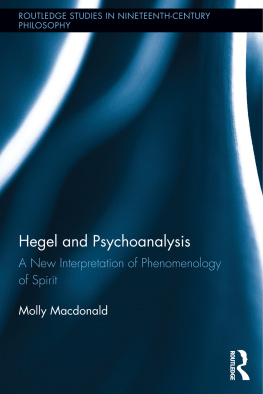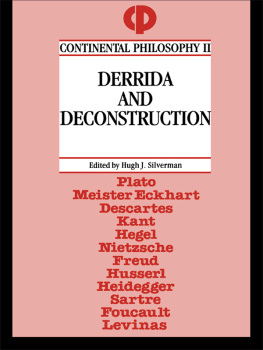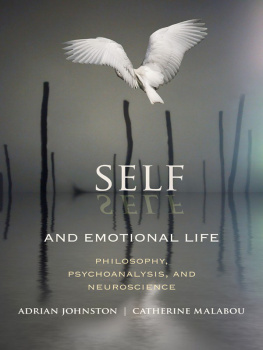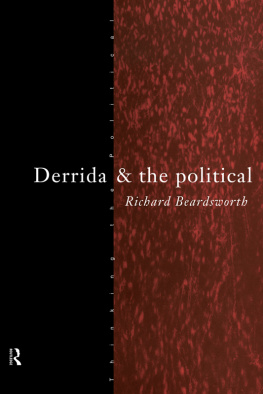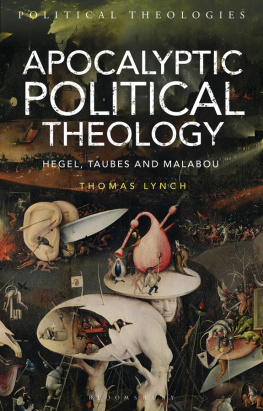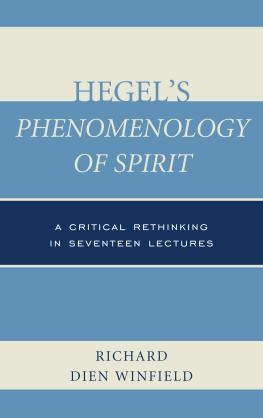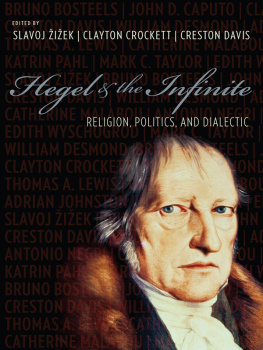Insurrections: Critical Studies in Religion, Politics, and Culture
Slavoj iek, Clayton Crockett, Creston Davis, Jeffrey W. Robbins, editors
The intersection of religion, politics, and culture is one of the most discussed areas in theory today. It also has the deepest and most wide-ranging impact on the world. Insurrections: Critical Studies in Religion, Politics, and Culture will bring the tools of philosophy and critical theory to the political implications of the religious turn. The series will address a range of religious traditions and political viewpoints in the United States, Europe, and other parts of the world. Without advocating any specific religious or theological stance, the series aims nonetheless to be faithful to the radical emancipatory potential of religion.
After the Death of God, John D. Caputo and Gianni Vattimo, edited by Jeffrey W. Robbins
Nietzsche and Levinas: After the Death of a Certain God, edited by Bettina Bergo and Jill Stauffer
The Politics of Postsecular Religion: Mourning Secular Futures, Ananda Abeysekara
Wondrous Strange: The Closure of Metaphysics and the Opening of Awe, Mary-Jane Rubenstein
Religion and the Specter of the West: Sikhism, India, Postcoloniality, and the Politics of Translation, Arvind Mandair
Dialectic, Destruction, Deconstruction
CATHERINE MALABOU
TRANSLATED WITH AN INTRODUCTION BY Carolyn Shread
WITH A NEW AFTERWORD BY THE AUHOR
FOREWORD BY Clayton Crockett
COLUMBIA UNIVERSITY PRESS / NEW YORK
Columbia University Press
Publishers Since 1893
New York Chichester, West Sussex
cup.columbia.edu
La Plasticit au soir de lcriture: Dialectique, destruction, dconstruction copyright 2005 ditions Lo Scheer
Copyright 2010 Columbia University Press
All rights reserved
E-ISBN 978-0-231-52166-6
Library of Congress Cataloging-in-Publication Data
Malabou, Catherine.
[Plasticit au soir de lecriture. English]
Plasticity at the dusk of writing: dialectic, destruction, deconstruction / Catherine Malabou; translated with an introduction by Carolyn Shread; with a new afterword by the author; foreword by Clayton Crockett
p. cm.(Insurrections: critical studies in religion, politics, and culture)
Includes bibliographical references.
ISBN 978-0-231-14524-4 (cloth: alk. paper)
1 Dialectic. 2. Derrida, Jacques. 3. Hegel, Georg Wilhelm Friedrich, 17701831. 4. Heidegger, Martin, 18891976. 5. Philosophy, French20th century. I. Title. II. Series.
B809.7.M2313 2010
194dc22
2009014162
A Columbia University Press E-book.
CUP would be pleased to hear about your reading experience with this e-book at .
References to Internet Web sites (URLs) were accurate at the time of writing. Neither the author nor Columbia University Press is responsible for URLs that may have expired or changed since the manuscript was prepared.
Contents
IMBRICATIONS: MALABOUS OEUVRE
Plasticity at the Dusk of Writing is at once an intellectual autobiography, a highly condensed summa, and an explosive manifesto from one of the most important contemporary philosophers at the height of her intellectual powers. Its brevity belies its significance. Based upon previous books on Hegel, Heidegger, and Derrida, it is also marked, although less explicitly, by her most recent publication in French, Les nouveaux blesss [The New (or Newly) Wounded], which is a reading of Freud from the standpoint of contemporary neurology. Combined with her book What Should We Do with Our Brain?, these works establish Catherine Malabou as an incredibly significant thinker in the wake of French poststructuralism, with the concept of plasticity being her original, signature idea.
Malabou is noted as a student of Jacques Derrida, and her thesis on Hegel, published as The Future of Hegel: Plasticity, Temporality, and Dialectic, forced Derrida to reevaluate his own reading and critique of Hegel in a foreword to this book. Malabou takes her notion of plasticity from Hegels description of the subject as plastic in the Phenomenology of Spirit, and she develops a plastic reading of the Hegelian dialectic that involves the stretching and folding of forms of temporality and subjectivity rather than the stereotypical supercessionism that is criticized by postmodern theorists wary of its totalizing operation. According to Malabou, it is Hegel who fully and successfully formulates the modern nature of human subjectivity, and he does this by modeling it upon divine subjectivity. For Hegel, the process of representation (Vorstellung) seals into one the divine kenosis and the kenosis of the transcendental subject.
Hegel helps fashion an understanding of modern subjectivity by reading human subjectivity in the same way that he reads divine subjectivity, as kenotic and self-othering. Hegel reads the Christian Trinity in an unorthodox way, according to which each persona consists of a progressive alienation that is not the manifestation of a lack but the appearance of a new ontological guise of time. Hegels speculative reading of Christianity writes plasticity into the heart of the human subject: his kenotic alienation is the same as Gods; he sees himself as a moment of time in which he is a part, a manifestation of temporalization that achieves the fulfillment of his essence in history even as it ends. The plasticity of temporal subjectivity relaunches or drives the dialectic forward and beyond itself even as it cancels itself out as it progresses. Malabous strikingly original reading of Hegel helps establish a new, post-postmodern interpretation of Hegel, and it complements that of Slavoj iek in Tarrying with the Negative, The Ticklish Subject, and other texts.
Although a student of Derrida, Malabou is not a follower in any way, and she has not shied from critically engaging with Derridas own work. In Counter-Path: Traveling with Jacques Derrida, Malabou develops an interpretation of Derridas thought by showing how deconstruction ruins standard travelogues or ethnographical accounts of uncharted areas of thought and practice, because his work consists of a strange and perilous adventure that consists in arriving without deriving. Malabous essay is interrupted and interspersed with letters and postcards from Derrida, and photographs of him appear through the book.
From Hegel and Derrida, Malabou turns to a powerful engagement with Heidegger in Le Change Heidegger, published in 2004 in French and not yet translated into English. In this book, Malabou argues that change or transformation lies at the heart of Heideggers philosophy and underlies his ontological difference. Being itself is a power of metamorphosis, which is the ability to change form and generate new forms in a manner that is consistent with plasticity. Above all, plasticity concerns form, a mutability of and in form rather than a limit of form or an alternative to form, and Malabou reads plasticity into and against her three major influences: Hegel, Heidegger, and Derrida. As Malabou explains in note 13 of Plasticity at the Dusk of Writing and also in

